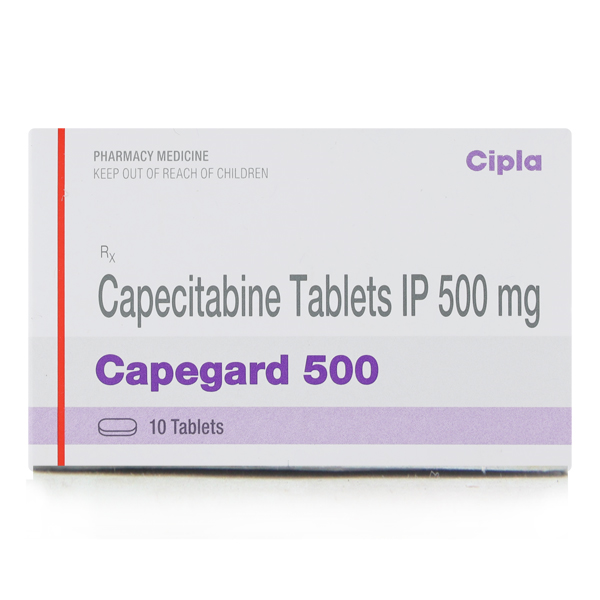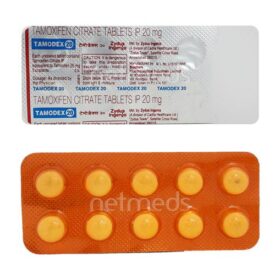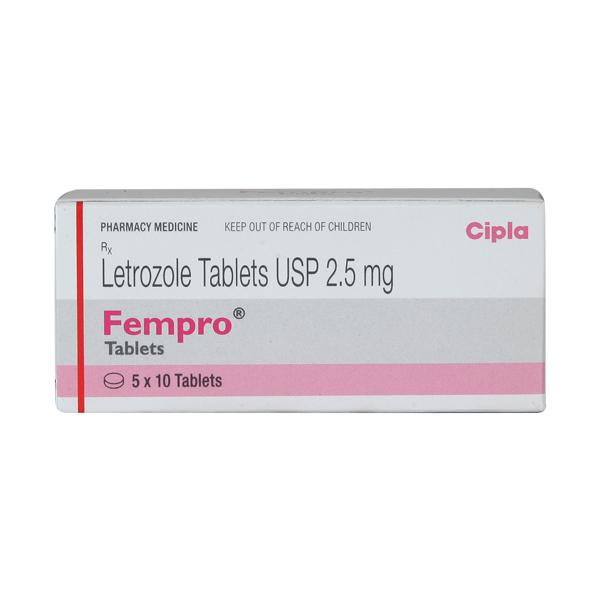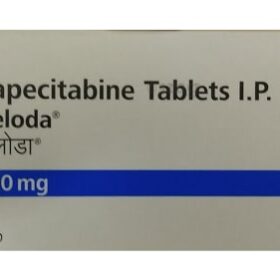
Product
INTRODUCTION
Capegard 500 Tablet should be taken with food within 30 minutes after eating a meal. Your doctor will decide what dose is necessary and how often you need to take it. This will depend on what you are being treated for and may change from time to time. You should take it exactly as your doctor has advised. Taking it in the wrong way or taking too much can cause very serious side effects. It may take several weeks or months for you to see or feel the benefits but do not stop taking it unless your doctor tells you to.
The most common side effects of this medicine include vomiting, weakness, nausea, abdominal pain, and diarrhea. This medicine may reduce the number of blood cells (decrease white blood cells) in your blood, thereby, increasing the susceptibility to infections. Regular blood tests are required to check your blood cells along with heart, liver, and blood uric acid levels.
Before taking it, tell your doctor if you have liver, or kidney problems or are taking any medicines to treat infections. Many other medicines can affect, or be affected by, this medicine so let your doctor know all medications you are using. This medicine is not recommended during pregnancy or while breastfeeding. The use of effective contraception by both males and females during treatment is important to avoid pregnancy.
USES OF CAPEGARD TABLET
- Breast cancer
- Cancer of colon and rectum
BENEFITS OF CAPEGARD TABLET
In Breast cancer
SIDE EFFECTS OF CAPEGARD TABLET
Common side effects of Capegard
- Vomiting
- Weakness
- Nausea
- Abdominal pain
- Diarrhea
- Blisters on fingers/feet
HOW TO USE CAPEGARD TABLET
HOW CAPEGARD TABLET WORKS
SAFETY ADVICE
Alcohol
Pregnancy
Breastfeeding
Driving
Kidney
Use of Capegard 500 Tablet is not recommended in patients with severe kidney disease.
Liver
Use of Capegard 500 Tablet is not recommended in patients with severe kidney disease.











Reviews
There are no reviews yet.